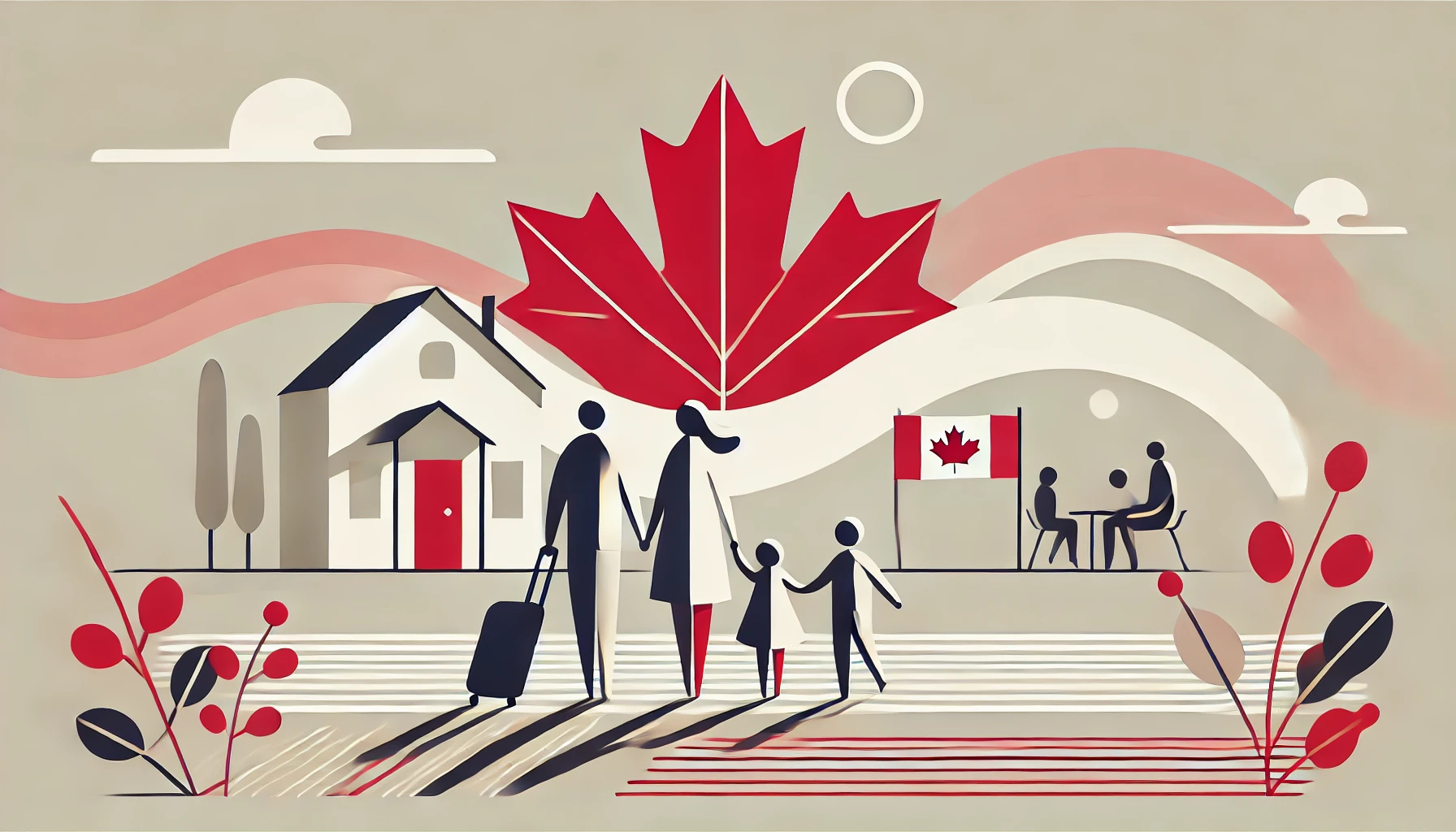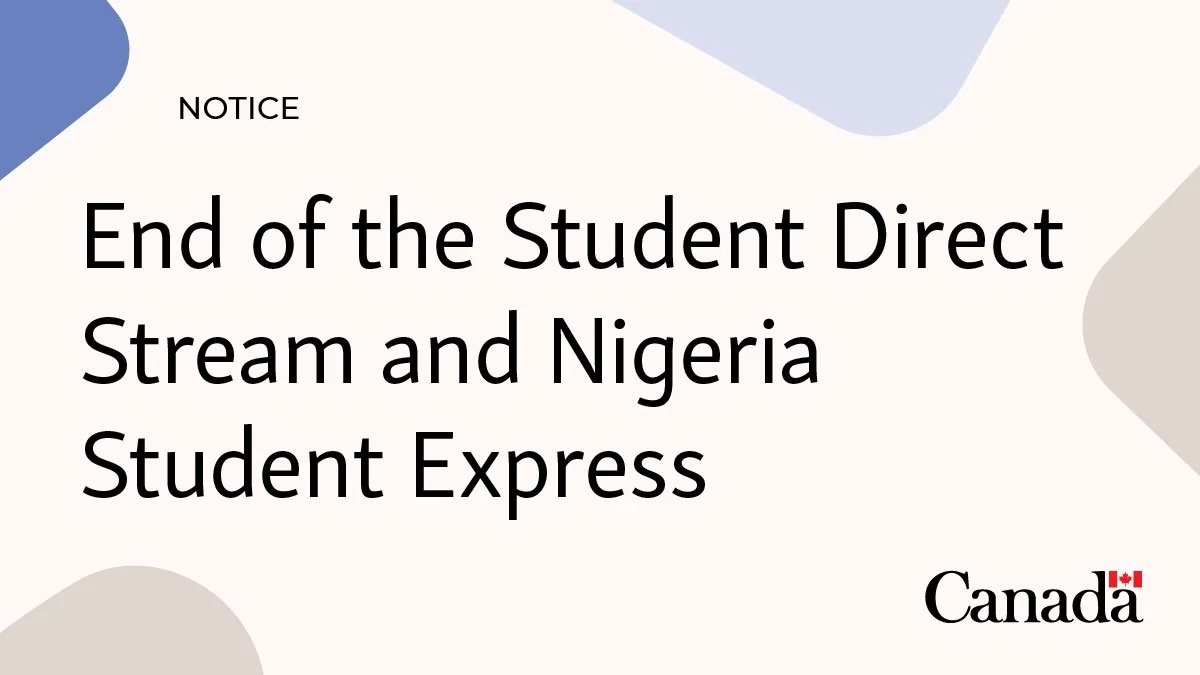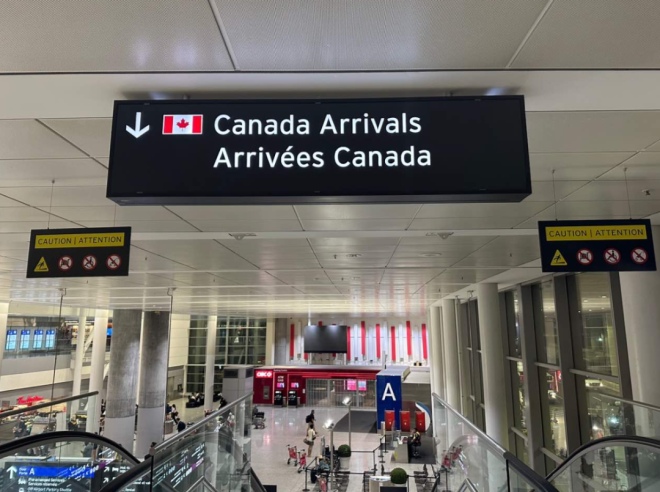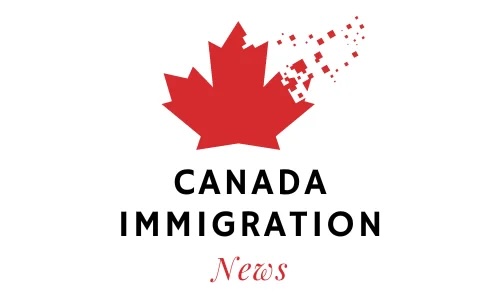
On September 18, 2024, Immigration, Refugees and Citizenship Canada (IRCC) announced actions to manage the growth of temporary residence and hold employers who abuse the system accountable. Specific measures include reforming the international student program, tightening eligibility requirements for temporary foreign workers, stricter enforcement of employer compliance, and strengthening labor market impact assessments to mitigate fraud.
Major Policy Changes
- Limiting the Number of International Students: The issuance of study permits for international students in 2025 will decrease by 10% from the 2024 target of 485,000, reducing to 437,000, and will stabilize in 2026. This means that competition for international student applications will become more intense.
- Adjustment of Post-Graduation Work Permit (PGWP): Graduates from public colleges must have majors related to occupations in shortage to be eligible for up to a three-year PGWP. Applicants are required to have minimum proficiency in French or English; university graduates need to reach Canadian Language Benchmark (CLB) level 7, while college graduates need to reach CLB level 5. This requirement will take effect on November 1, 2024.
- Restrictions on Spousal Work Permit Eligibility: Only students in master’s programs exceeding 16 months can have their spouses apply for a work permit. Additionally, the eligibility for spousal work permits of foreign workers will be limited to management or professional occupations or industries experiencing labor shortages.
- Study Permit Adjustments: First-time student visa applicants for master’s and doctoral programs in 2025–2026 need to submit a Provincial Attestation Letter (PAL).
Potential Impact
These policy changes will directly affect individuals who wish to study, work, or settle in Canada. International students will face stricter application conditions and fewer quotas, which may lead to increased competition. For students hoping to become permanent residents through studying, the increased language proficiency requirements add more challenges. Restrictions on spousal work permits may affect family employment and income plans.
Professional Advice
In the context of these policy adjustments, seeking professional immigration consulting services becomes particularly important. Direct communication with locally licensed immigration consultants in Canada is a way protected by Canadian law. They possess professional knowledge and can provide the latest policy interpretations and efficient application guidance, helping applicants save time and money and avoid unnecessary errors and delays.
Next Step:
Click here to schedule an appointment with a licensed Canadian immigration consultant.










